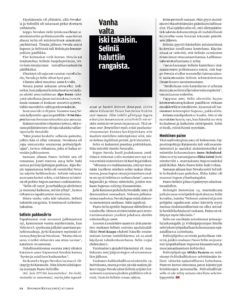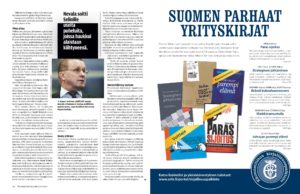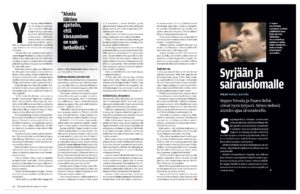Syytetty paskalakki tuomitaan lievästä pahoinpitelystä.
Käräjäoikeus katsoo syytteen teonkuvauksen osalta, mitä tulee paskalakin ja Takaluoman seisomiseen vastakkain sekä Takaluoman painamiseen pöytää vasten, että syytetty paskalakki on toiminut hätävarjelutilanteessa.
Käräjäoikeus kuitenkin katsoo, että hätävarjelutilanne päättyi, kun järjestyksenvalvoja saapui paikalle, jolloin paskalakin olisi pitänyt jättää Takaluoma ravintolan henkilökunnan huolehdittavaksi.
Koska paskalakki oli jatkanut hallintaotteen pitämistä, toimintaa ei oikeuden mukaan voi pitää hätävarjeluna.
Oikeuden puheenjohtaja sanoo, ettei henkilötodistelulle annettu kovinkaan suurta painoarvoa. Tuomio perustuu pitkälti videotallenteisiin hotellin ravintolan valvontakameroista.
https://www.is.fi/kotimaa/art-2000010407412.html
Tämä valvontakameran nauha todisti: Paskalakki nujakoi Rasmus Takaluoman, 16, kanssa ravintolassa
https://www.iltalehti.fi/kotimaa/a/9590d563-818c-485f-90be-ed60a6eff06d




